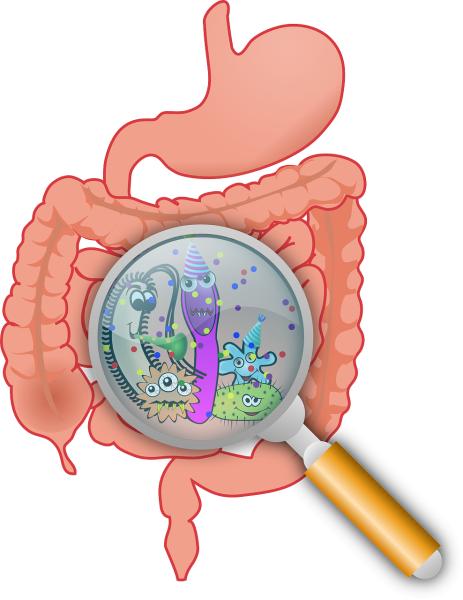The study published in Nature Medicine looked at C. diff. infections, the most common cause of hospital-related diarrhea, and a significant cause of patient morbidity and mortality. Patients, termed asymptomatic carriers, can harbor the bacteria in the gut microbiome and have no clinical symptoms; other symptomatic patients can be on death’s door. Prior work has shown that the number of hospitalized asymptomatic patients may far outnumber the symptomatic. To better understand the underlying dynamics, the researchers obtained cultures from all the patients admitted to an ICU in a tertiary-care hospital over nine months.
- A median of two stool cultures, one on admission and another later in the hospital course, for over 1,100 patients.
- As to be expected, the patients were older with a “high burden of underlying medical conditions” and exposure to antibiotics – the typical setting for the appearance of C. diff.
- C. diff. was characterized by its strain, toxigenicity, and, in about half the cases, its genomic sequence.
Based upon evidence from the varying strains, toxicogenicities, and genomic analysis, the researchers concluded that only 1% of the patients developing symptomatic C. diff. diarrhea resulted from cross-transmission – hospital-acquired. Patients who harbored toxigenic C. diff. on admission, having brought the bug in from home, were 23 times more likely to develop symptomatic C. diff. diarrhea. To draw a subtle but important clinical distinction, overall, the cases of symptomatic C. diff. were more “hospital-fostered” than acquired.
“…interventions focused on preventing transition from colonization to overt infection will have a greater impact on further reducing the risk of CDI [C. diff. infections] in this setting than investing additional resources aimed at interrupting cross-transmission.”
The majority of non-pharmacologic interventions, separate rooms, hand washing, environmental cleaning, and disinfection, are sufficient when applied to reduce the transmission of C. diff. between patients. How to lessen the transition from colonization to infection is more problematic. The current options include antibiotic prophylaxis with fidaxomicin, but prophylaxis may come with its own problems, especially resistance to fidaxomicin, which currently remains effective with few side effects.
For clinicians, there remains an interesting concern. What causes these dormant infections to become active in hospitalization? Is there such a degree of stress that the immune system loses its punch? Is it the underlying disease that brought the patient to hospitalization in the first place, robbing them of the needed energy to maintain an adequate immune response? All unknowns and all questions that, when answered, may well result in improved care.
In the meantime, should Medicare continue to penalize hospitals for these infections? Are the increases due to poor essential non-pharmacologic interventions, which has been the assumption, or does this work suggest that penalized hospitals should be doing more surveillance? After all, if the problem is being brought into the hospital rather than being shared within the hospital, these sites were the perfect places to begin searching for why the gut transitions from a carrier to a source of a deadly infection.
Source: Longitudinal genomic surveillance of carriage and transmission of Clostridioides difficile in an intensive care unit Nature Medicine DOI: 10.1038/s41591-023-02549-4




